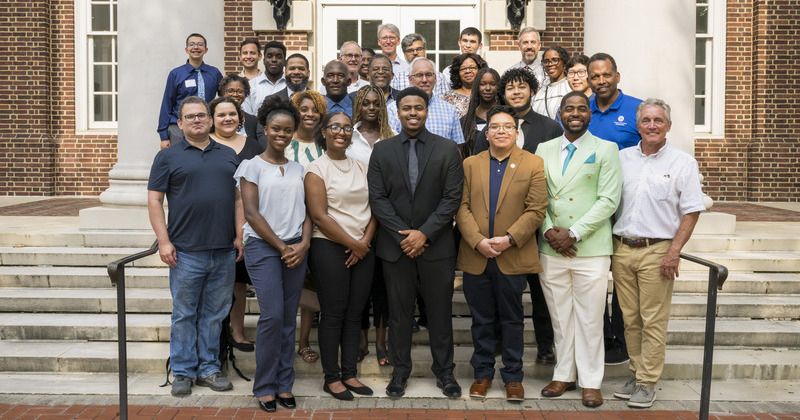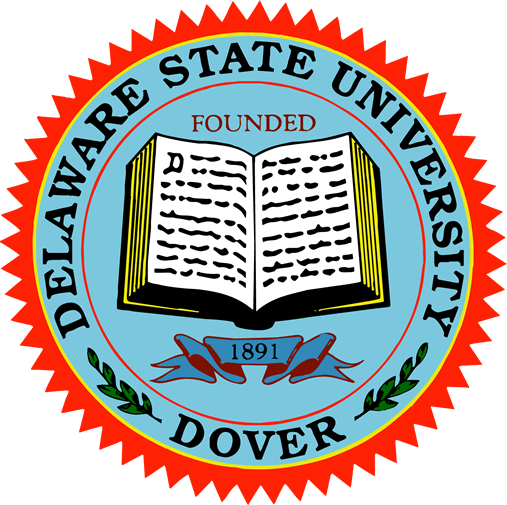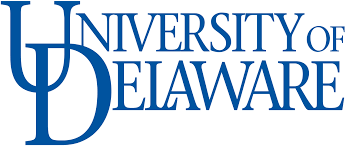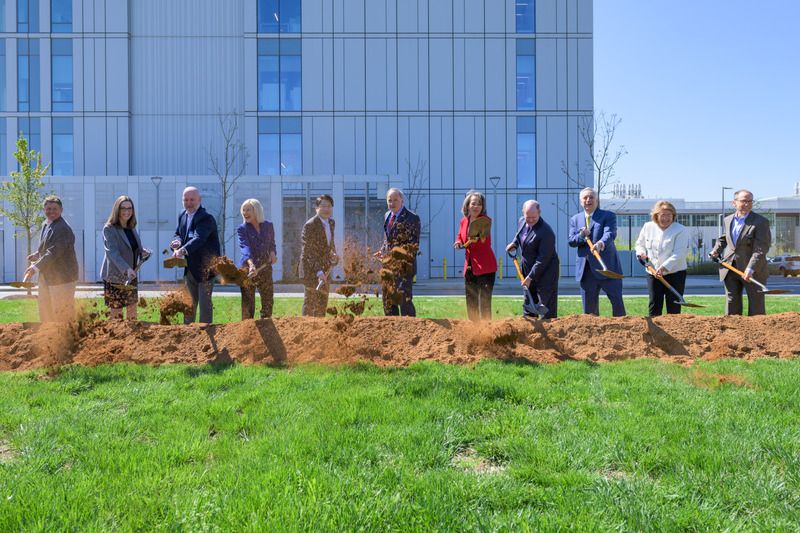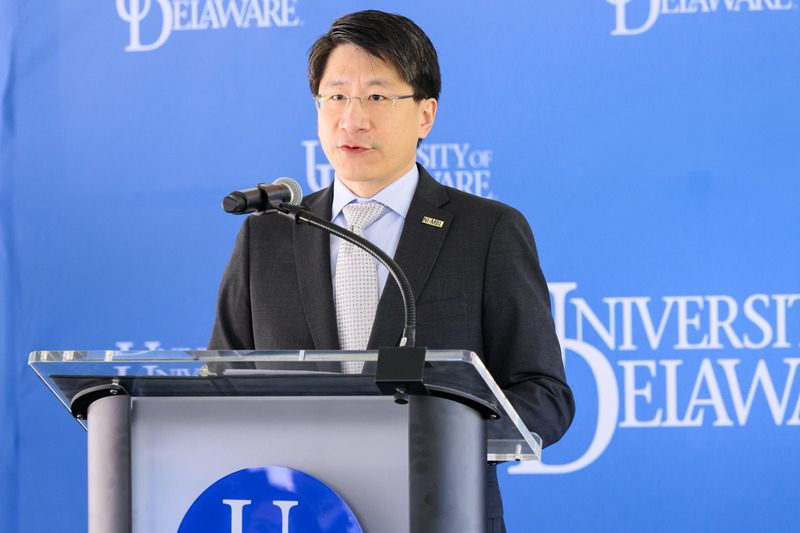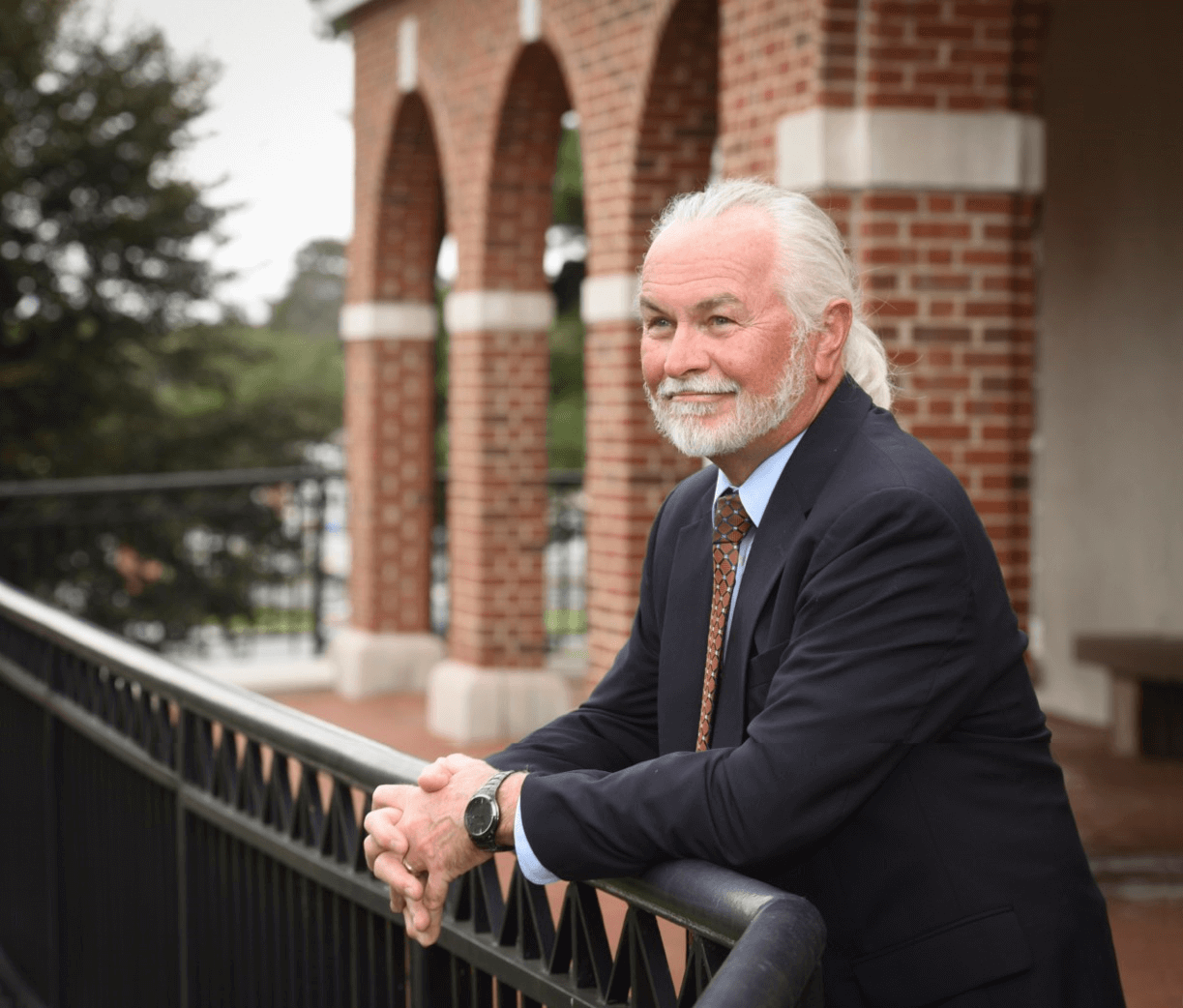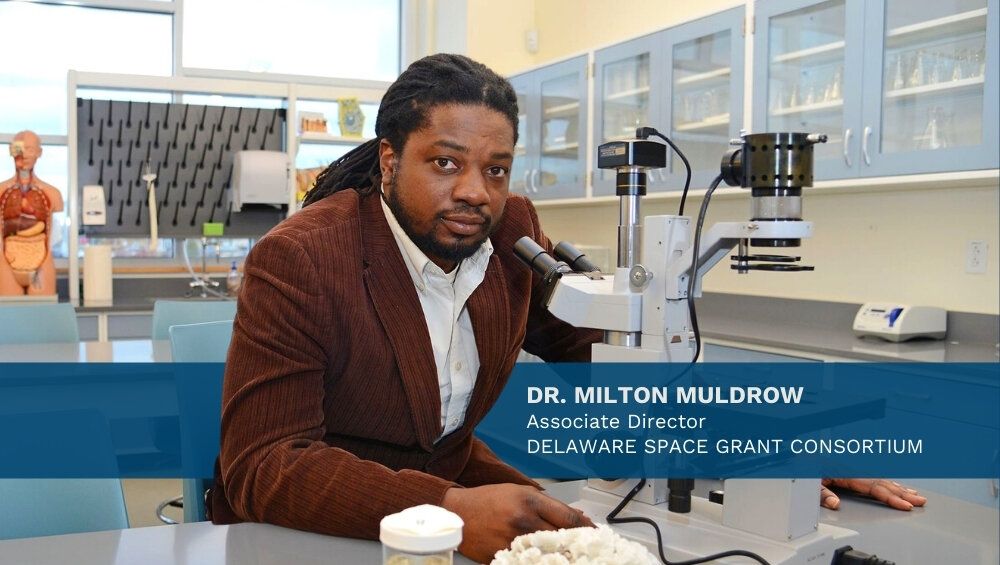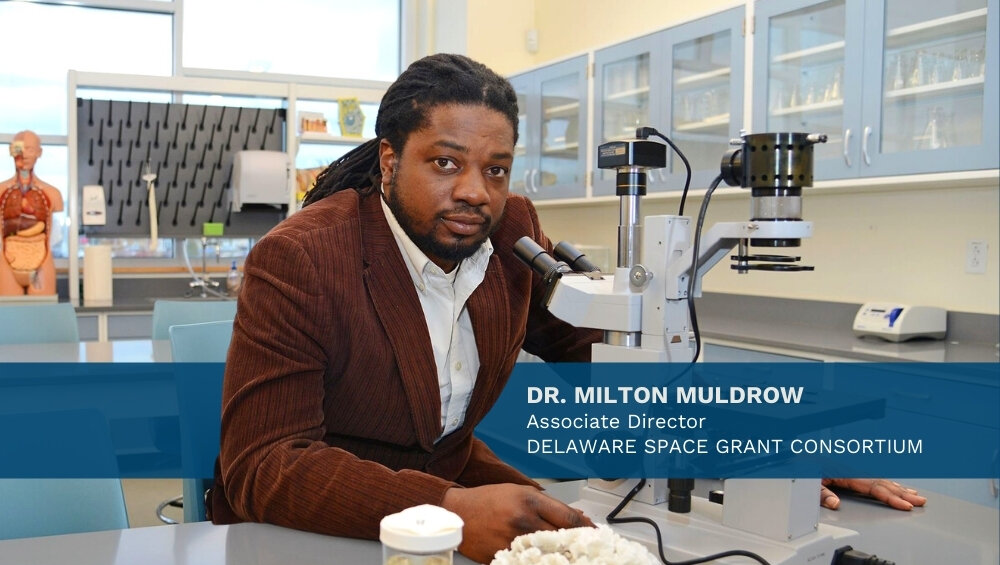November 16, 2021 –
Success for Zip Code Wilmington can be defined in many ways, but Executive Director Desa Burton lights up when she talks about a recent student who loaded everything he owned into a car and drove to Wilmington from Dallas to join the program.
“He had every intention of going back to Texas, but he got a job here and is very happy. We have students who come to us from across the United States and its territories, such as Atlanta, Brooklyn, Washington, D.C., and Puerto Rico, who are applying for or now have jobs here in Wilmington,” Burton says, adding that about 75% of her students stay in Delaware after graduation. “Zip Code attracts high-level talent to this area. Wherever these out-of-state students are, opportunities are not working for them so they’re willing to move here. Now we’re working on introducing more businesses outside our region to see that Delaware checks all the boxes for their employees in terms of quality of life, housing affordability, infrastructure, and resources available for young families.”
Considered one of the nation’s top three nonprofits of its type, Zip Code Wilmington is a 12-week coding bootcamp that gives students the technical, interpersonal, and leadership skills needed to secure a competitive developer job and increase their earning potential. Burton beams when asked about the non-technical part of the curriculum.
“We have an amazing professional development program. Sometimes that’s all I hear about in the final interviews,” says Burton. “Our hiring manager has more than 10 years of improv experience and he uses that to help the students with active listening, being able to answer questions, and move and flow in different interview settings. They get a resume when they leave. We help them create or fix up their LinkedIn profiles. We work with them on networking and teaching them how to do that. It’s really neat to see how having that secret sauce really makes such a big difference in the outcome of the student.”
Zip Code Wilmington’s training program offers two course tracks – full-stack Java Development with Spring Boot, Angular, and MySQL as well as Data Engineering and Analytics based on Python, R, and SQL.
When Burton arrived at Zip Code Wilmington in September 2019 – armed with an MBA and law degree she earned after leaving the military — she says she was “basically being put in charge of a very successful startup and being told not to break it.” Besides having to learn human resources, finance, accounting, she was suddenly being asked to “think not like a lawyer, but like a businessperson, especially when COVID hit.”
“We had to be innovative. We had to be scrappy. We had to get out there and make changes in the midst of a crisis,” she said.
Asked about her student demographics, Burton says the answer is different today than it was when she became executive director.
“I would have just told you then average age 35, career changers, adult learners,” she says. “After putting in all these innovative new programs, I can tell you we teach people 16 years old to 60. We were in seven high schools last year, teaching front-end software development.” Teaching in Delaware’s high schools is new. Burton explains, “Zip Code Wilmington is well known for training up folks who may or may not have gone to college, have some work experience or who may have already been in their career 5, 10, 15 years, and are either looking to change because the end is coming, or they don’t want to go back to school to get another degree if they have a degree. Some tried the degree route but didn’t like it or didn’t have the money for it. For some reason, they’re at a place where they need to get into tech and this is the way that they want to do it, through a 12-week course. As we view it, talent is distributed evenly, but opportunity is not. We provide opportunities!”
It costs Zip Code Wilmington $15,000 to train someone, although students will not pay more than $12,000. It costs a student $6,000 upfront to enter the program. If they get a job with a corporate partner, that company will pay the remaining $9,000. If they get a job with a non-corporate partner, they’re responsible for the remaining $6,000.
There are “scholarships” for students who served in the military or fall into a “needs-based category (i.e., 200% below the poverty line). Burton says those are the only ways that students don’t pay that initial tuition.
Placement fell in 2020 during the pandemic, when companies froze a lot of positions, to 61%, from previous years when Zip Code Wilmington placed students at a rate approaching 90% within six months. But Burton says things are picking up, with JPMorgan Chase announcing in January that they hired more than 30 Zip Coders in 2020. For now, the size of the cohorts reflects job placement forecasts – from 35 before the pandemic to 25 over the past 18-24 months – but placement is returning to an average of 80% and cohort size should return to normal the economy improves.
Zip Code Wilmington had to be nimble and switch to training remotely in March 2020.
“Our instructors were concerned that the students would not have the same experience, that they would not bond as well, that they would not retain the knowledge as well,” says Burton. “I knew that this was not going to be a two-week deal, so we needed to figure out how to make it work and be remote for an extended period. We launched virtual training on March 13th.”
Zip Code started off with Zoom sessions but supplemented it with collaboration platforms such as Discord and Slack.
“Communication between the students never dropped. They can work freely together in a remote environment, connect with each other at will,” Burton says. “Everyone thought you must be next to each other to code, to look at each other’s screen, and touch each other’s keyboard. But now that we’re remote, everything is virtual. They’re able to meet, deliver training, edit code, and connect online seamlessly.”
“I told every remote student that they could set up a time to come in and meet with an instructor who can work with them in person. On the first day, they asked about it but once they started working online, no one asked again. It just worked out really well.”
Burton says there hasn’t been any difference in picking up the material between different age groups or other demographics.
“I think a virtual environment makes it much easier for people to just judge you based on your merit. I think in a virtual environment you have less of that “ism” happening because if an employer really needs to get a product off the line, they need to get coders in ASAP. The last thing they’re worried about is what are you wearing because guess what? They’re seeing you on a remote screen and they’re really focusing more on your code than anything else.”
Burton says Zip Coders are different from students that are going through the for-profit programs around the country, most of whom don’t disclose their placement rates and other outcomes like her organization does.
“Zip Coders are just different. They’re team players. They are hungry for change. They are committed, dedicated. There is just something about their personality that is so cool. I hear it a lot from candidates for our program. Other coding bootcamps are mostly for-profit. They’ve got to make money. They need to get people through the door and churn them through to get the tuition and then churn through the next one. They’re not really focused on figuring out the quality of the education that they’re given, because they don’t have to worry about that. We stick with our students for the next three to six months to make sure they get a job. We are incentivized to do so because we are transparent in our outcomes and report them on our website. Also, we do not receive the remainder of their tuition until our graduates get their first job.”
“Our mission is to help build the economy of this region. I can’t do that if people are coming in and not getting jobs. I can’t bring in 200 people during COVID when I know there’s no jobs out there, just so that I have money in my bank account. That doesn’t work. And so that’s why we’re different. They can train regardless of what’s happening in the economic environment. I cannot.”
Employers who had job freezes in 2020 are coming back too.
“Pre-COVID, some employers were consistently hiring. They were there for every power interview week, which is that week after the students finish the training. Other employers were periodic and would show up at certain points of the year. I’m seeing more activity now from both those who consistently hired and from those periodic employers. They’re coming in more often and they’re hiring more people.”
Online training is here to stay at Zip Code Wilmington. Burton says, “Because of what we learned during COVID, because of the fact we were able to do remote training and broaden our outreach, and I want to continue to do that. Not to the detriment of the region, but to attract people here.”
Companies often send their employees to Zip Code for either upskilling or reskilling, two fairly interchangeable terms. They may send someone who’s been in customer service for 10 years, knows everything about the company and its culture, but they want to put them into a technical role. Or they were in a testing role of some kind but want to expose them to Java programming. Or they invite Zip Code in to teach a group of people a skill, particularly if they want to improve their diversity (DE&I) numbers.
“In some cases, they want to move the needle in a very short period of time,” says Burton, adding that larger companies often go into universities and hire diverse people who don’t have technical skills and ask Zip Code to teach them how to be coders.
Enrollment over time has been about 31% female and about the same for Black and Latino students. The program was designed to lower the barriers of entry – making the training accessible and affordable to all – which has resulted in remarkable diversity outcomes over its six-year history.
Looking ahead over the next 12 to 15 months, Burton would like to get its placement numbers back up to pre-COVID levels or better; incorporate online learning into the strategy of Zip Code going forward; and get into more high schools to do front-end training and expose students to coding possibilities.
“Right now, about 65% of Delaware public schools have computer-science training; I think the state should be in the 90s, whether that’s with us, with Pathways, or a university,” Burton says.
As far as industries go, Zip Code Wilmington works mainly with the financial sector with companies like Chase, M&T Bank, CSC, Marlette Funding, and Capital One. “I would like to broaden that and get our eggs into some other baskets,” says Burton, adding that InterDigital came through “in a big way” over this past summer by giving Zip Code Wilmington the money to launch that program in those high schools across the state.
“I was talking to a couple of cohort graduates yesterday who met at Zip Code and now have a young daughter. They told me that because of Zip Code, they have money for daycare and can start a college-savings fund. They both have new cars, and they’re comfortable paying their bills without worrying. That to me is success.”
“The number one concern for out-of-state employers is having access to a labor force that can meet their needs. And I think it’d be very important for employers to know that Zip Code can scale. We can train more people if there are more jobs. We train to the jobs that are available or that look they’re coming available. If employers are considering moving their headquarters here or opening a second location in Delaware and they’re worried about whether we have enough coders coming in, that won’t be a problem. We can do custom training. If they need 100 people ready to go when they open the doors, we can help them achieve that goal.”
Burton says she doesn’t see the organization opening, for example a Zip Code Buffalo or St. Louis, but the pandemic experience of offering training remotely makes it easier to support corporate partners with offices in other locations.
“It’s something we hadn’t really considered before. When we trained solely in Wilmington, in person, our reach was somewhat narrow. Now that we’ve grown from all this innovation, we can see that there’s a lot more that we can do with a broader geographical footprint without leaving Wilmington are or losing focus on our commitment to the greater Delaware region.”
